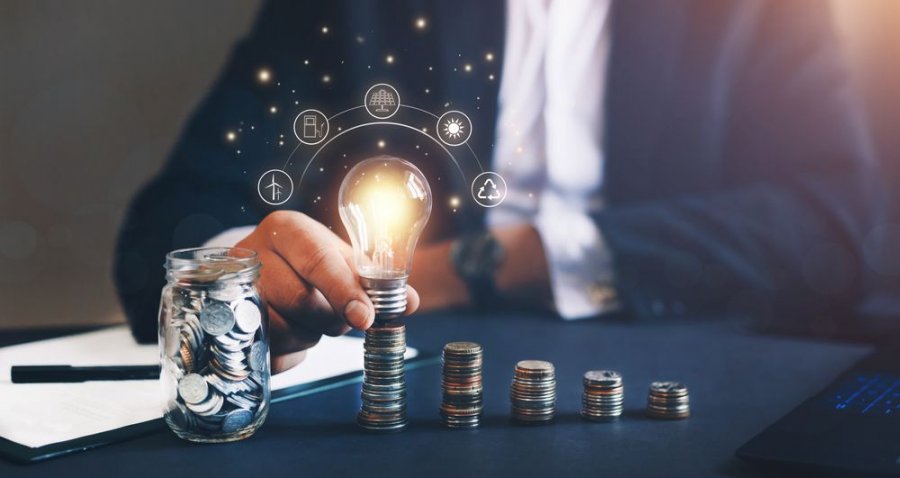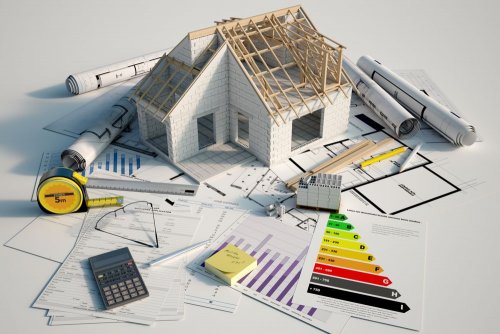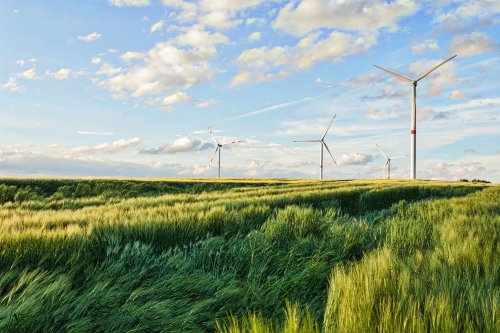The European Parliament and the Council of the EU reached a preliminary political agreement on the revision of the EU Energy Efficiency Directive, namely a reduction of final energy consumption at bloc level by 11.7% in 2030.
The upper limit of final energy consumption in the block should be at 763 million tonnes of oil equivalent and 993 million tonnes of oil equivalent for primary consumption, the European Council said.
The notification explained that final energy consumption is energy consumed by end users, while primary energy consumption also includes energy used for energy production and supply.
The press service explained that the preliminary political agreement will first be submitted for approval to the Committee of Permanent Representatives in the Council and the ITRE Committee of the Parliament. The directive must be formally adopted by the European Parliament and then by the Council before it can be published in the Official Journal of the EU and enter into force.
It is noted that the consumption limit for final consumption will be binding on Member States, while the target consumption of primary energy will be indicative. The Council and the Parliament agreed that all Member States will contribute to the overall EU goal through indicative national contributions and trajectories defined by Member States in their integrated national energy and climate plans.
It is noted that the updated plans should be ready by 2024. Deviation from national contributions for the purpose of energy efficiency by 2.5% is allowed. Calculations should be based on, among other things, energy intensity, GDP per capita, renewable energy development and energy saving potential.
The message emphasized that EU member states should ensure new annual savings of 1.49% of final energy consumption on average. Member countries can count towards the target indicator energy savings realized as part of energy efficiency measures for buildings, as well as from the emissions trading system (for installations, buildings and transport).
The message emphasized that member states will be required to renovate at least 3% of the total area of buildings belonging to state institutions every year. The Council and the European Parliament also agreed on a specific commitment for the public sector, namely to achieve an annual reduction in energy consumption of 1.9%. These measures may exclude public transport and the armed forces.
It is noted that the revision of the Directive is part of the EU's efforts in the fight against climate change, in particular within the framework of the Fit for 55 package and the REPowerEU plan.
Earlier, EcoPolit6ic wrote, that the European Union has completed the reform, which brings the goals of energy independence to the recovery fund after the coronavirus pandemic in the amount of €800 billion.
As EcoPolitic previously reported, in the European Union, green public procurement can become the key to decarbonization of the bloc's construction and road transport.





